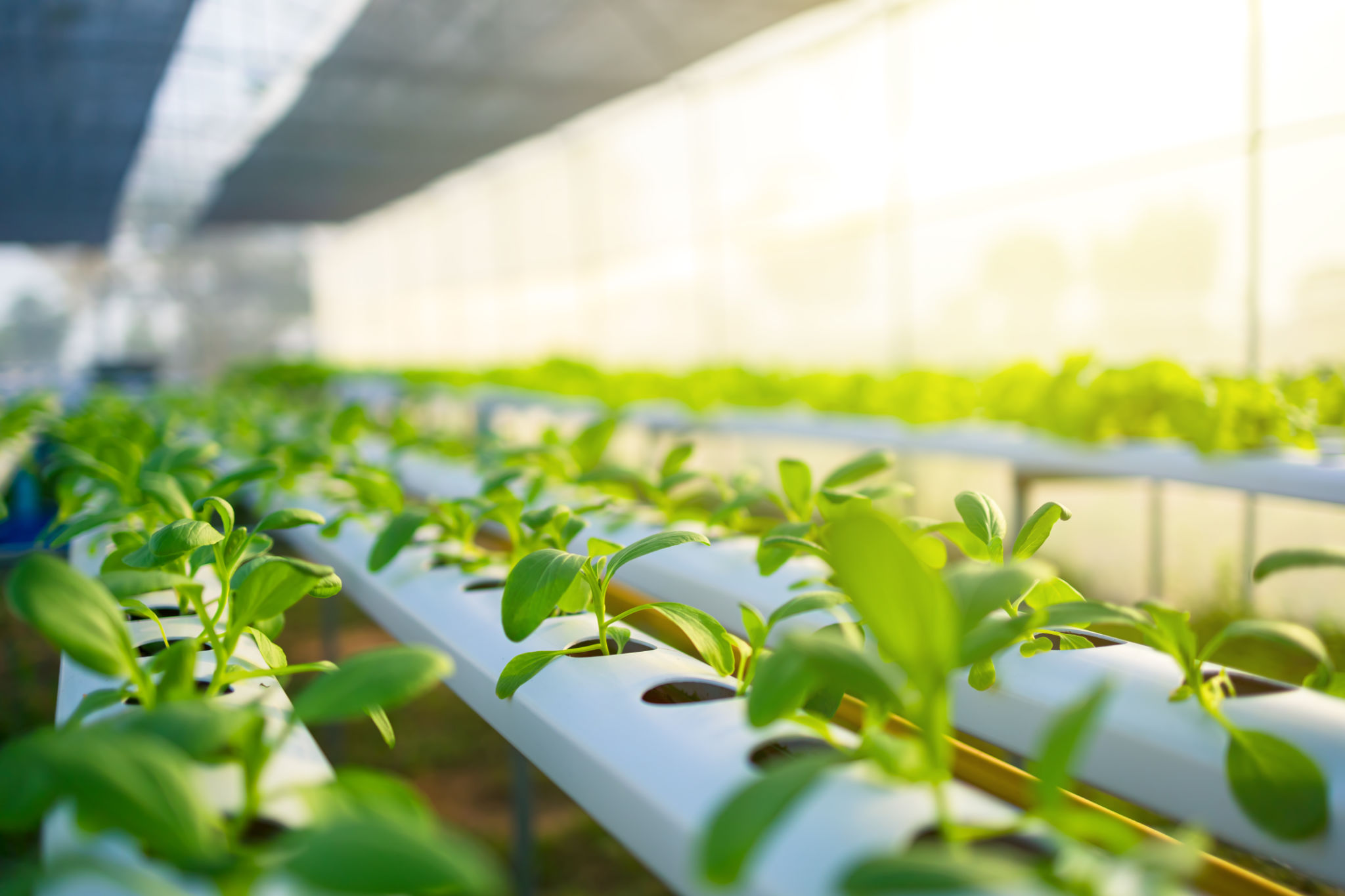Myths and Facts About Hydroponic Farming: What You Need to Know
Understanding Hydroponic Farming
Hydroponic farming is a method of growing plants without soil, using mineral nutrient solutions in water. It has gained popularity among both commercial growers and home gardeners due to its efficiency and sustainability. However, like any innovative technique, it is surrounded by a mix of myths and facts. Understanding these can help you make informed decisions about adopting hydroponics.

Myth: Hydroponic Produce Lacks Nutrients
A common misconception is that hydroponically grown produce lacks the nutrients found in soil-grown plants. This is a myth. In reality, the nutrient solutions used in hydroponics are carefully formulated to provide all the essential nutrients that plants need. Studies have shown that hydroponic produce can be just as nutritious, if not more so, than traditional soil-grown produce.
Fact: Hydroponics Can Save Water
One of the biggest advantages of hydroponic farming is its water efficiency. Traditional farming methods can be water-intensive, but hydroponics uses up to 90% less water. This is because the water in hydroponic systems is recirculated and reused, reducing waste and conserving this precious resource.

Myth: Only High-Tech Equipment Works
Many believe that hydroponic farming requires expensive and high-tech equipment. While advanced systems are available for industrial-scale operations, simple and affordable setups are also effective for home use. From DIY systems made from household items to affordable starter kits, anyone can start hydroponics without a huge investment.
Fact: Faster Growth Rates
Hydroponically grown plants often experience faster growth rates compared to their soil counterparts. This benefit arises from the direct access to nutrients and optimal growing conditions that hydroponic systems provide. As a result, growers can enjoy more frequent harvests and increased productivity.

Myth: Hydroponics Is Unnatural
Some critics argue that hydroponics is an unnatural way of growing plants. However, the principles of hydroponics mimic natural processes where plants absorb nutrients through water. In fact, many natural ecosystems, such as wetlands, support plant life through similar nutrient-rich water environments.
Fact: Suitable for Urban Areas
Hydroponic farming is particularly beneficial in urban areas where space is limited. Vertical farms and rooftop gardens using hydroponic methods can maximize available space and bring fresh produce closer to urban consumers. This not only reduces transportation costs but also minimizes the carbon footprint associated with food distribution.

Conclusion
Hydroponic farming offers numerous benefits and opportunities for sustainable agriculture. By dispelling myths and understanding the facts, growers can better appreciate the potential of this innovative method. Whether you're a seasoned gardener or a curious beginner, exploring hydroponics could lead to greener and more efficient farming practices.